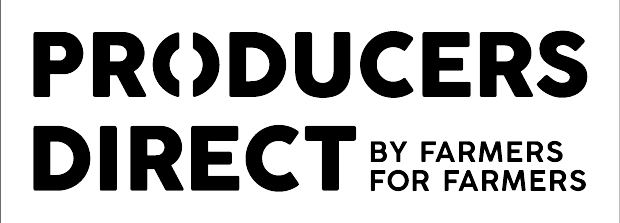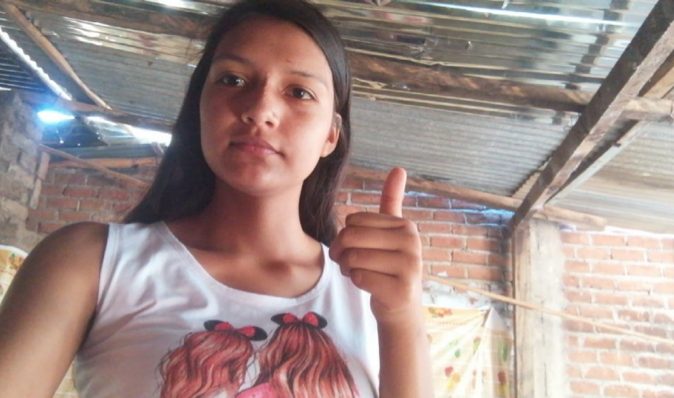‘Desarrollo de Capacidades Laborales y Emprendimientos Empresariales Juveniles’ (‘Development of Work Skills and Youth Entrepreneurship’) is a project by CENFROCAFE – a Producers Direct cooperative partner in the north of Peru focussing in speciality coffee, coffee roasting and supporting the commercial and community development of its members. The goal of the project is part of Cenfrocafe’s institutional initiative to support the next generation of farmers by engaging young people in training and learning on generational governance and leadership.
Since 2014, Cenfrocafe has been working on this project with funding from PRET and in 2020 Producers Direct has partnered with them in the management and development of the project.
The devastating impact of the pandemic on the lives of young people in Peru cannot be understated. And while we know that the youth could benefit greatly from the usual in-person trainings, it was crucial that we replanned our program activities to ensure the health and safety of all the participants during the pandemic.
We changed the model of our training sessions from in-person to virtual and we worked closely with young people to reschedule the sessions, decide on options that were most accessible to them, and they selected times that worked best for them. We conducted virtual trainings on WhatsApp, SMS and through telephone calls. In addition to that, we reached out to young people through radio and in-person, face-to-face trainings in small groups while maintaining Covid-19 safety protocols.
Through our weekly radio program called “Aprendo en Campo” (Learning on the Farm), that was broadcast on Radio Marañón in Jaén, we reached thousands of our audience, including young people. The radio program was also broadcast live through Facebook, where we had visualisations between 1.1K to 1.3K.
We are pleased by both the turnout and the impact of the training sessions. Young people reported that they learned a lot and they plan to use the lessons learned in future. Below are three stories from the young people who attended the training sessions, highlighting their experiences, challenges and hopes for the future.
Walter Segura Fernandez, 19, Base San Luis del Milagro Jaén
I am a student of business administration and what I liked most from the training is selling roasted and ground coffee. I learned a lot from the training too, like cupping and how to manage pests and diseases. And I plan to implement these lessons in farming. Additionally, I can now see many opportunities that I could try and get into, like becoming a barista.
I’ll use the lessons to reach out to other producers and learn from them too. In future, I plan to own a processing plant for ground roasted. I would like to encourage other young people to also be part of the training. There’s a lot to learn about coffee and there are many different aspects of coffee farming that they can venture into.
Karina Lisbeth Collantes Guevara, 20, Base Perla Andina, Distrito de Huabal, Jaén
“I’m a student at the University of Jaén, studying Environmental Forestry. I am most interested in applying what I learned from the training sessions in our farm and sharing the learning with my parents. Now, I know a lot about managing my day-to-day life, how to handle the challenges I experience in the farm, and also about managing pests and diseases so that I can produce high quality coffee.
I’d like for future training sessions to schedule more time to allow us to practice what we’ve learned. Now that I’ve learned how to dry coffee, I will be able to improve the quality of the coffee in my farm. As a young producer, I am looking forward to bringing better quality coffee to the cooperative and I’d like to become a coffee taster. I’d like to own my own coffee shop too.”
Emely Johany Guerrero García , 17, Base Rinconada Distrito de Coipa San Ignacio

My main challenge during the training was getting to the training location. It would take me two hours to go from the district La Coipa, to a caserío. And when it rained, the roads were bad, making it even harder to travel.
But I’m glad that I now know how to tell the difference between coffee grains and then select the best grains, as well as estimate how much to harvest per hectare. I am now able to analyse the kind of coffee my parents produce and tell whether it is good quality coffee. I also have knowledge in coffee cupping, so I am able to identify high quality coffee that can be sold on the international market.
Thanks to the training, I can now teach my family about how to produce the best coffee so that they always supply the cooperatives with good quality coffee. The lessons I learned will also help me in school because I am studying about agricultural production.
I’d like to encourage other young people to also join and be part of the training, so that they can learn more about all the aspects of coffee production so that we can all improve the quality of coffee that we produce. I also would like to encourage those that were part of the training to share with their families about what they learned, because good management of our coffee farms will enable us to produce good quality coffee, which will make our cooperative have great representation at the national level and at a global level.”



